
Amsterdam 2013. Photo courtesy Sebastiaan Burg
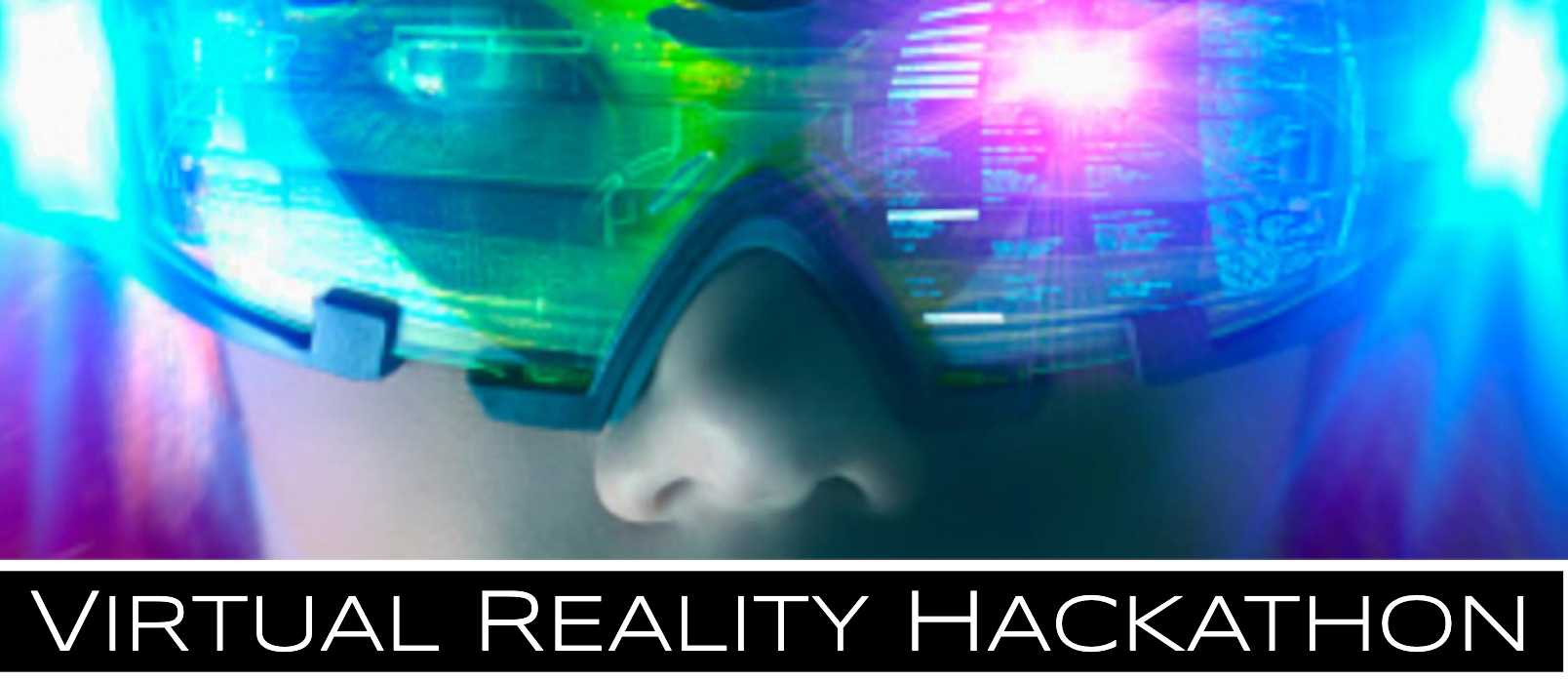
Join us in Burgas, Bulgaria, (or online) this June to compete in our VR Hackathon for prizes and prestige!
The Knowledge Foundation and its partners are looking for the most talented and motivated young creative tech enthusiasts to join the VR Hackathon competition online or in Burgas, Bulgaria, on 25 and 26 June, ahead of the CreaTech Black Sea Game Summit that takes place on 27 and 28 June.
A subsequent hackathon, to be held in Berlin, Germany, following the upcoming VR Hackathon in Burgas, will challenge competitors to integrate Knowledge Token® into the winning VR solutions that are developed during the Burgas VR Hackathon. The Berlin hackathon will focus on integrating the Internet Computer rendition of Knowledge Token® into the winning VR solutions.
In early 2025 the Knowledge Foundation, a Switzerland-based non-profit educational organization chartered to advance global education through the application of advanced and emerging technologies such as Knowledge Token®, Artificial Intelligence (AI), Virtual Reality (VR) and Augmented Reality (AR), joined forces with the United Nations Office on Drugs and Crime's (UNODC) Global Programme on Cybercrime that was established in 2013 to assist UN Member States in strengthening responses against cybercrime through capacity building and technical assistance.
Committed to providing Member States with holistic and sustainable solutions tailored to their specific contexts and requirements for preventing and combating cybercrime, the Global Programme on Cybercrime established the UNODC Regional Centre for Combating Cybercrime in Doha, Qatar, as a hub for global training and exchange of best practices in the area of cybercrime.
The collaboration between the Knowledge Foundation and the UNODC Global Programme on Cybercrime comes at a unique moment of advancement in the area of international cooperation, culminating in the adoption of the United Nations Convention against Cybercrime by the General Assembly on 24 December 2024.
The Convention against Cybercrime is the first global treaty addressing both prevention and measures to combat cybercrime that is available to all States of the world, representing a milestone for multilateral action against shared global threats and providing advanced tools for international cooperation to tackle cybercrime, share electronic evidence and prosecute such crimes.
In the spirit of ensuring engagement and meaningful participation of civil society in the efforts necessary to implement the newly adopted Convention across sectors, the Knowledge Foundation is proud to contribute by providing expertise in advanced and emerging technologies and open technical participatory processes to utilise immersive technologies (such as VR and AR), AI and blockchain to create engaging and interactive learning experiences that strengthen knowledge about key ICT (Information and Communication Technologies) concepts necessary for the effective implementation of the UN Convention against Cybercrime.
Please refer to the VR Hackathon announcement for an overview of the competition:
The following eligibility criteria are required for all competitors:
During the competition participants may use any tools or technologies that they wish to design, develop and deploy a fully immersive experience to the following Virtual Reality target platforms:
Solutions that do not operate on the above target VR platforms will be disqualified.
A "testing table" with VR headsets will be provided during the competition to allow teams to periodically test their solutions on the above target VR platforms (teams are encouraged, but not required, to bring their own VR headsets to the competition).
In the spirit of open and freely available education, all solutions must be submitted for judging under an approved open source and open content license (open license options will be available to choose from during the competition).
The Teams' project will be evaluated by a panel of expert judges by the following criteria:
In addition to having the opportunity to participate in a friendly competition with like-minded individuals, and to develop personal skills and make new connections as a direct outcome of the experience, participants that compete in the event are eligible to win one or more sizable awards.
Thanks to the generous financial contribution of the United Nations Office on Drugs and Crime (UNODC), the first place winning team (or individual, if competing solo) will have the unique opportunity to present their winning solutions at relevant international UN events that convene world experts and practitioners on cybercrime policy and operations. Details of the first international event will be provided during the open registration period, and, depending on UNODC's availability, is likely to be either Vienna (Austria), Doha (Qatar) or Hanoi (Vietnam).
In addition, thanks to the generous financial contributions of Web3 Foundation, the second and third placed winning Teams will receive complimentary passes (valued at €399 per person) to join the Web3 Summit in Berlin, on 16 to 18 July 2025, where the teams will have the opportunity to present the outcomes of their work in Burgas. There also remains the possibility for these teams to compete in a special competition during this time, providing further prizes and awards for the winners.
Upon registering you will receive additional instructions. There is no fee to register (you can compete in the hackathon free of charge either as a team or individual).
AGES: The hackathon is open to all students, faculty, professionals and independent developers ages 16 and older. See the above Eligibility Criteria for details.
TEAMS: All team members must register (below) to compete. Teams must be formed in advance of the hackathon. Individuals are welcome to compete by themselves (solo) without a team.
Problems or questions? Please contact hackathon@KnowledgeFound.org
 Knowledge Token® (Knowken®) is designed to fundamentally transform the way in which learners, educators, and educational content creators acquire, distribute and generate knowledge.
Knowledge Token® (Knowken®) is designed to fundamentally transform the way in which learners, educators, and educational content creators acquire, distribute and generate knowledge.
As an incentive and participation token that is awarded to learners in exchange for intellectual achievements, while privately and securely recording corresponding academic progress, Knowledge Tokens are issued in amounts that correspond to the units or amounts of knowledge, skills and/or credits that learners earn.
First introduced at IMMERSIVE ITALY 2017 in collaboration with INDIRE, the Italian Ministry of Education's oldest and most highly regarded educational research organization and the benchmark for educational research in Italy, Knowledge Tokens can be considered to be intellectual currency and, as such, may be used to pay for goods and services such as mobile phones, tablets, computers, games, textbooks, tuition and more.
The Switzerland-based Knowledge Foundation was recently established as the educational organization responsible for the design, development, deployment and ongoing maintenance of the global Knowledge Token® system and related open international standards for blockchain technology in the field of education.
Titles and organizations at time of speaking
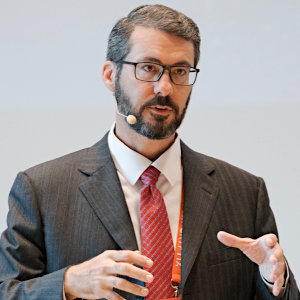
Founding Director of the Immersive Education Initiative (iED) and Boston College faculty
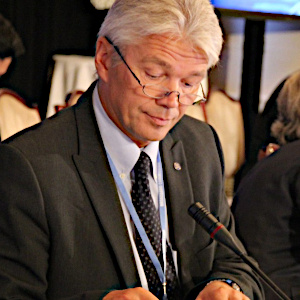
Asst. Director General, United Nations Educational, Scientific & Cultural Organization

Director, Office of Educational Tech, U.S. Dept. of Education & Immersive Education advisor

Chief Ranger, U.S. Dept. of the Interior National Park Service (NPS) and Immersive Education club advisor
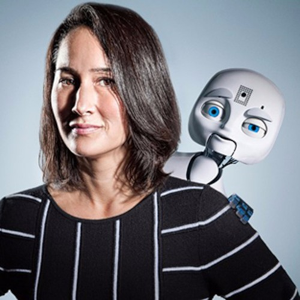
MIT Media Lab Associate Director and Massachusetts Institute of Technology Prof. of Media Arts & Sciences
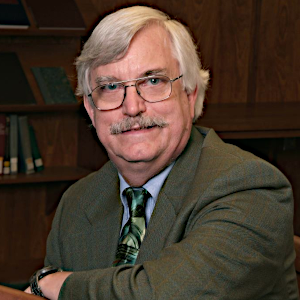
Harvard Graduate School of Education Timothy E. Wirth Professor in Learning Technologies, Harvard University
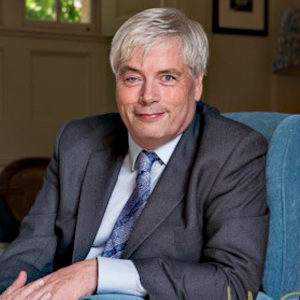
Fellow of University College, Oxford, and Director of University College Oxford Blockchain Research Centre
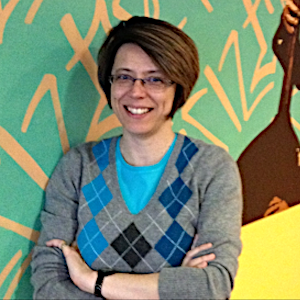
Director of New Media & Technology, Smithsonian and Immersive Education Initiative Arts and Culture co-chair
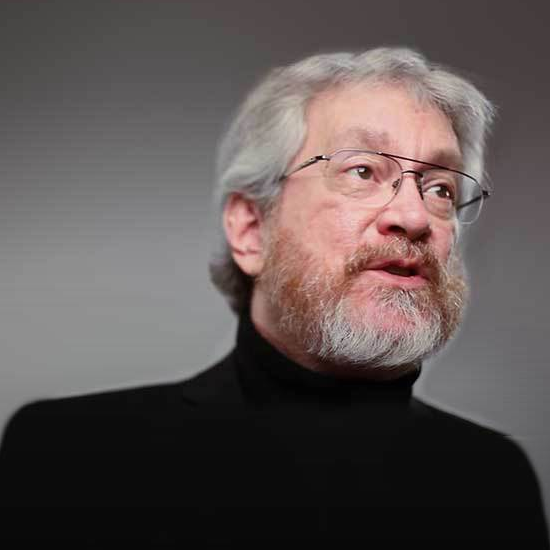
Co-creator and co-director, Massachusetts Institute of Technology Media Lab and Media Lab Asia
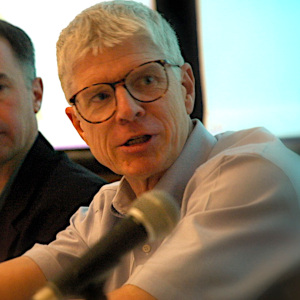
President, Federation of USA Scientists & Immersive Education advisor
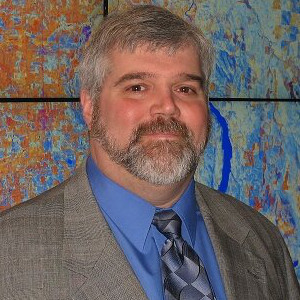
Lead Researcher, National Aeronautics and Space Administration (NASA) Learning Technologies
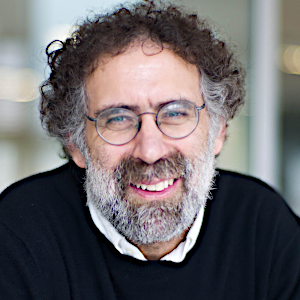
Professor of Learning Research and Director of MIT Okawa Center & Lifelong Kindergarten group
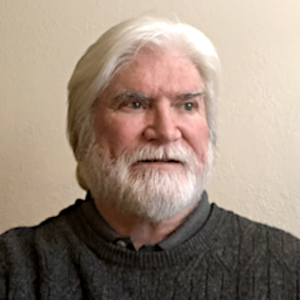
Faculty, Stanford University and Co-Chair of the Immersive Education Initiative Open File Formats TWG
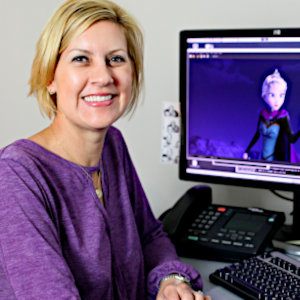
Stereoscopic Supervisor, Disney Animation Studios and Academy Award®-winning film "Frozen"

Senior Principal SRE/SWE (Site Reliability Engineer and Software Engineer), Google
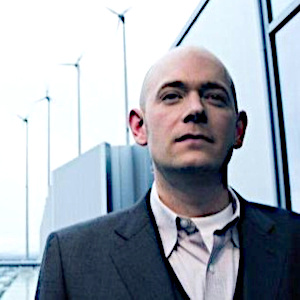
Futurist, Intel Corp. and professor at University of Washington & California College